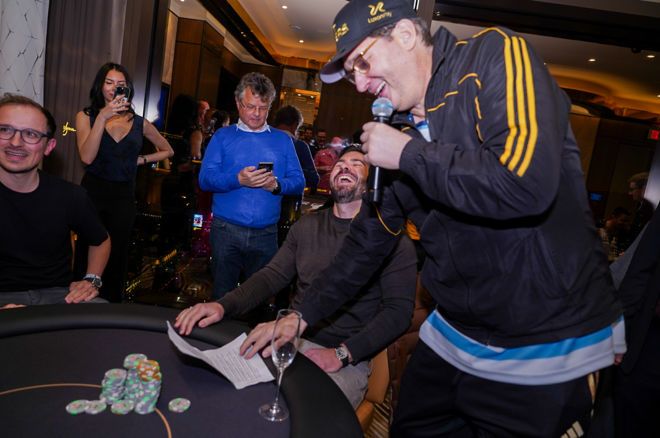Privacy Policy
You can avoid chasing your losses and possibly avoid financial hardship by knowing when it's time to give up on the game. Putting a time limit on your play session is one way to help yosaatkigu know when to leave. This could be dependent on hitting a particular win or loss threshold, or it could be set for a predetermined period of time, like an hour or two. Even if you're tempted to keep playing after your time limit has expired, it's crucial to quit. A further tactic for determining when to give up is to establish win & loss boundaries for every session.
PREVIOUS:However, video slots' sophisticated animations, complex plots, and sophisticated graphics have completely changed the gaming experience. These machines frequently have five or more reels, and they are loaded with interactive features, bonus rounds, & free spins to keep players interested. With immersive experiences that go beyond simple spinning reels, themed video slots based on well-known films, TV series, or mythology have grown in popularity.NEXT:First and foremost, confirm that a respectable authority has granted the casino a license & regulation. Fair play is ensured, & your financial transactions and personal data are shielded from possible fraud. Reading other players' reviews can give you important information about the standing and dependability of the casino. Consideration should also be given to the casino's selection of slot games. A varied assortment keeps the experience interesting and novel by enabling players to experiment with various themes and gameplay philosophies. Also, search for casinos that offer slot players exclusive promotions & substantial bonuses.
Categories
Latest News
- Best No Deposit Bonus Codes December 202424-12-11
- Nichan Khorchidian Wins Merit Poker Gatsby Gala Series Main Event24-12-11
- Meet the Women Competing at the Women's Winter Festival24-12-11
- Barstool Nate to Compete in WPT $5 Million Freeroll24-12-11
- Thomas Santerne Wins 2024 EPT Prague €20,000 NL Hold'em24-12-11
- Double Delight for Camosci as Spraggy Leads the Mini Sunday Million24-12-11
- Bar Poker Open Shares 2024 Florida World Championship Schedule24-12-11
- "m.gargiulo24" Wins the Pokerstars Sunday Million ($64,073)24-12-11
- WPT Prime Gold Coast Winner Lorenz Schöllhorn Quit His Job24-12-11
- Phil Hellmuth And Jennifer Tilly At Big Deal For One Drop24-12-11
Contact Us
Contact: qxld
Phone: 020-123456789
Tel: 020-123456789
E-mail: [email protected]
Add: 联系地址联系地址联系地址

 p
p